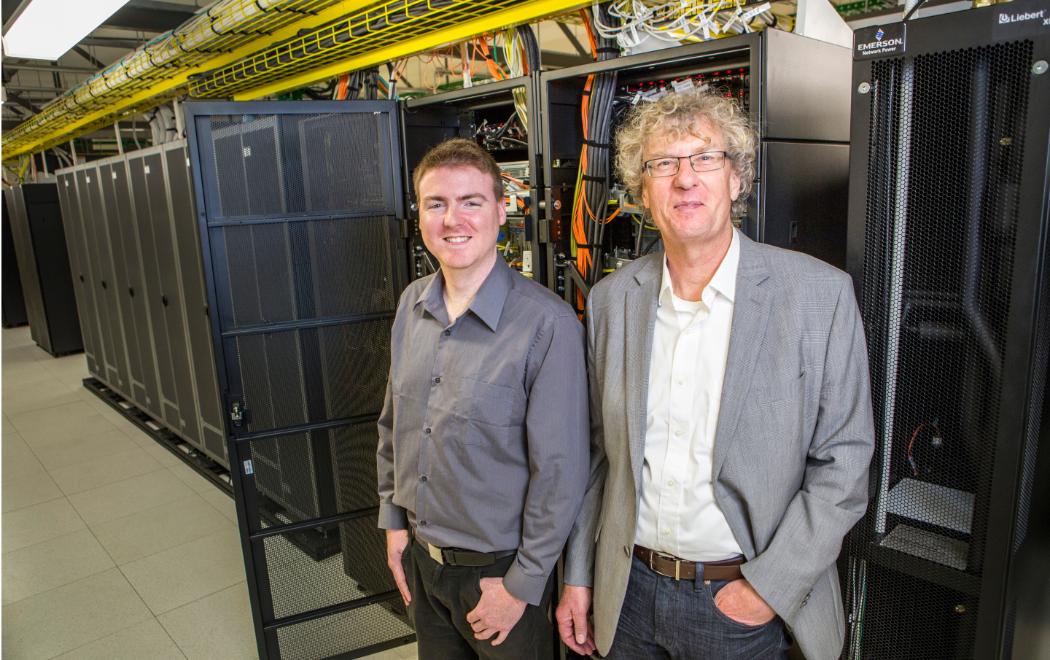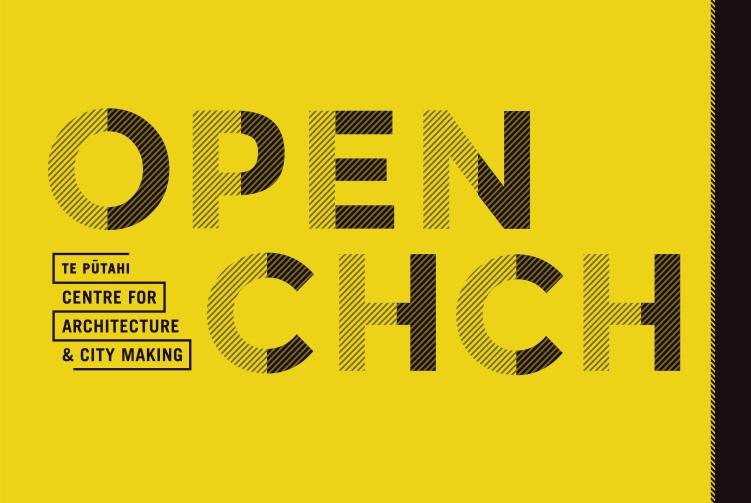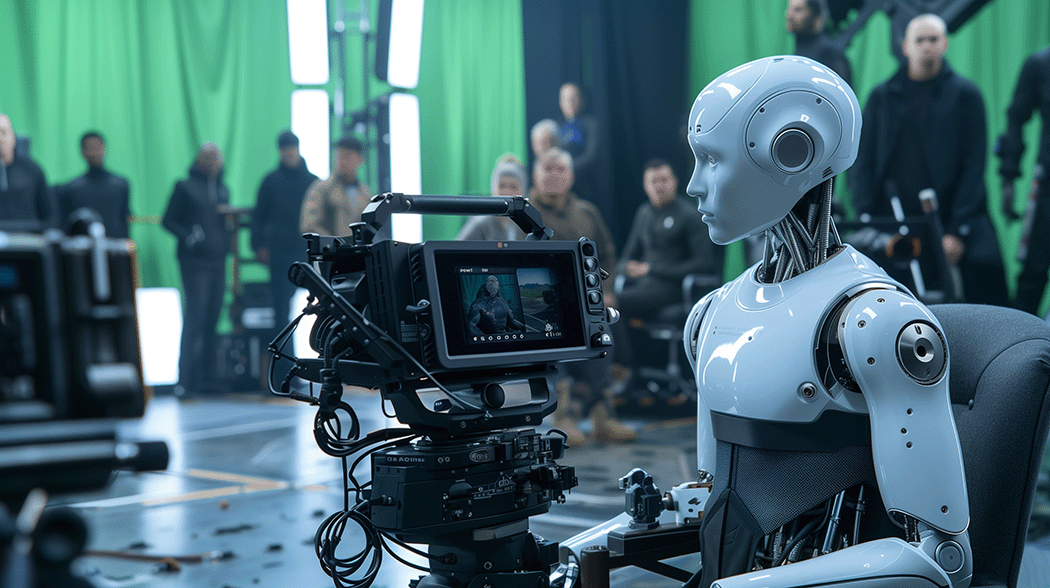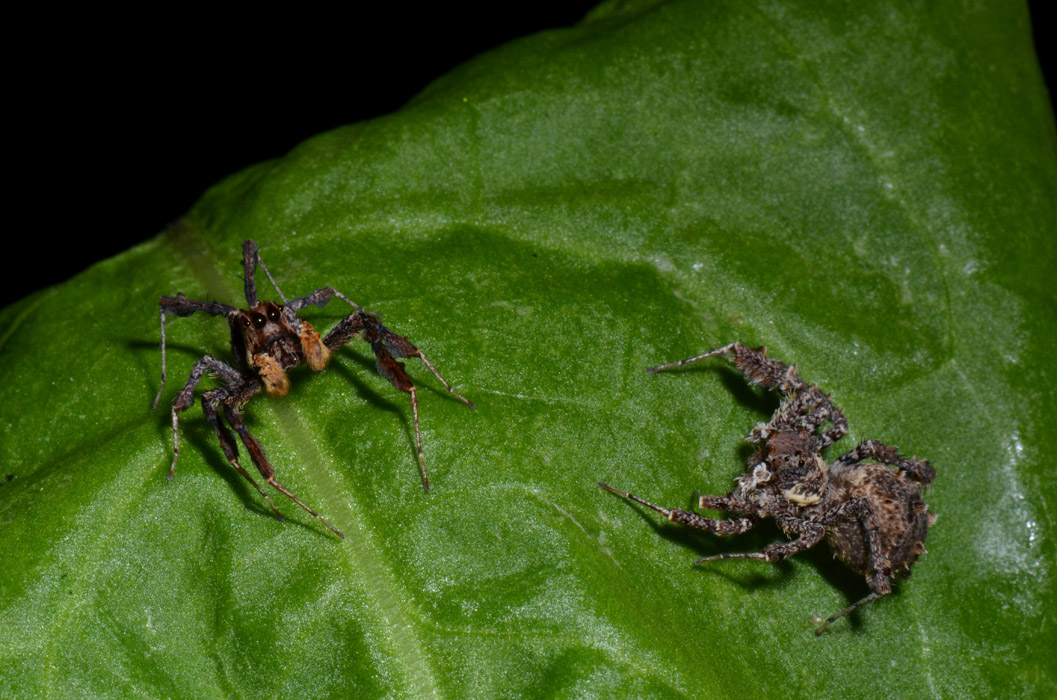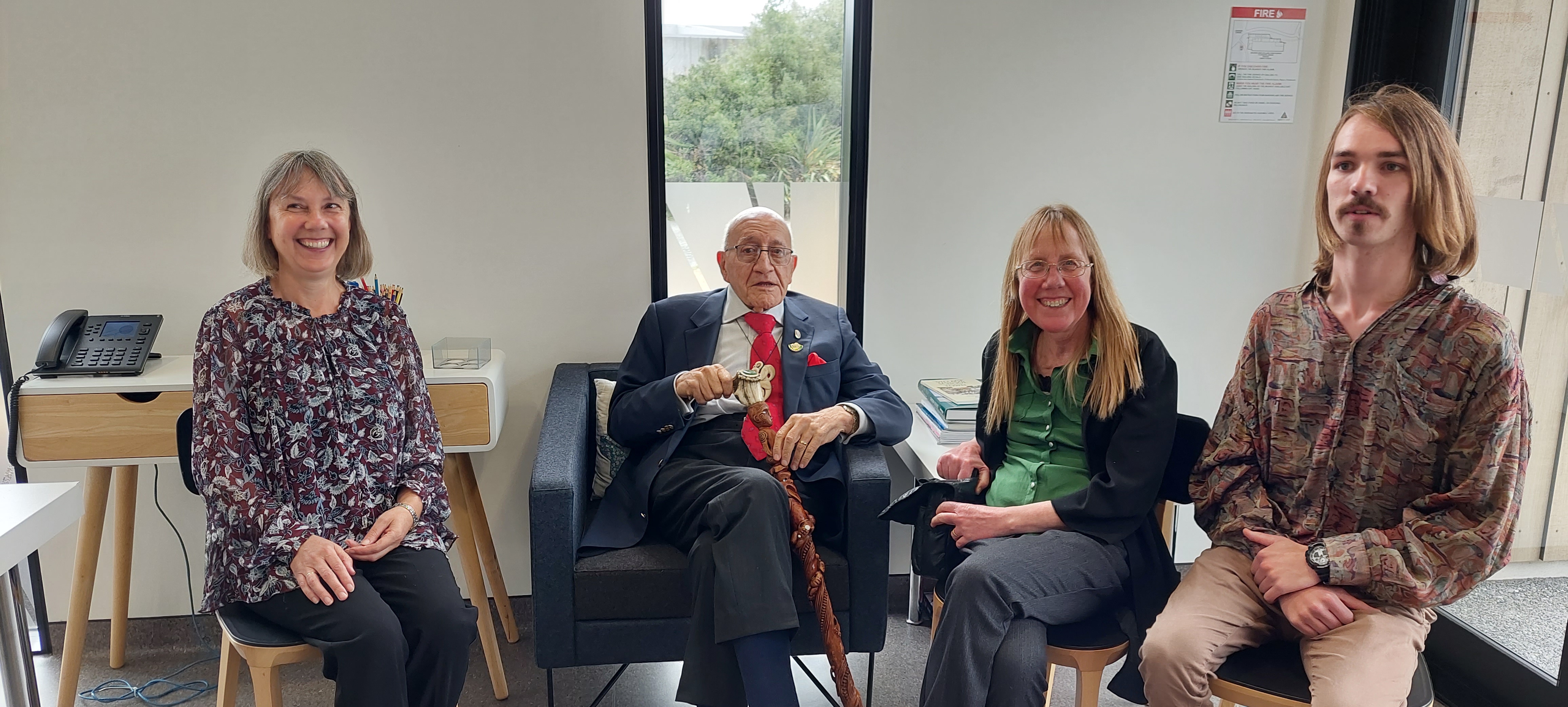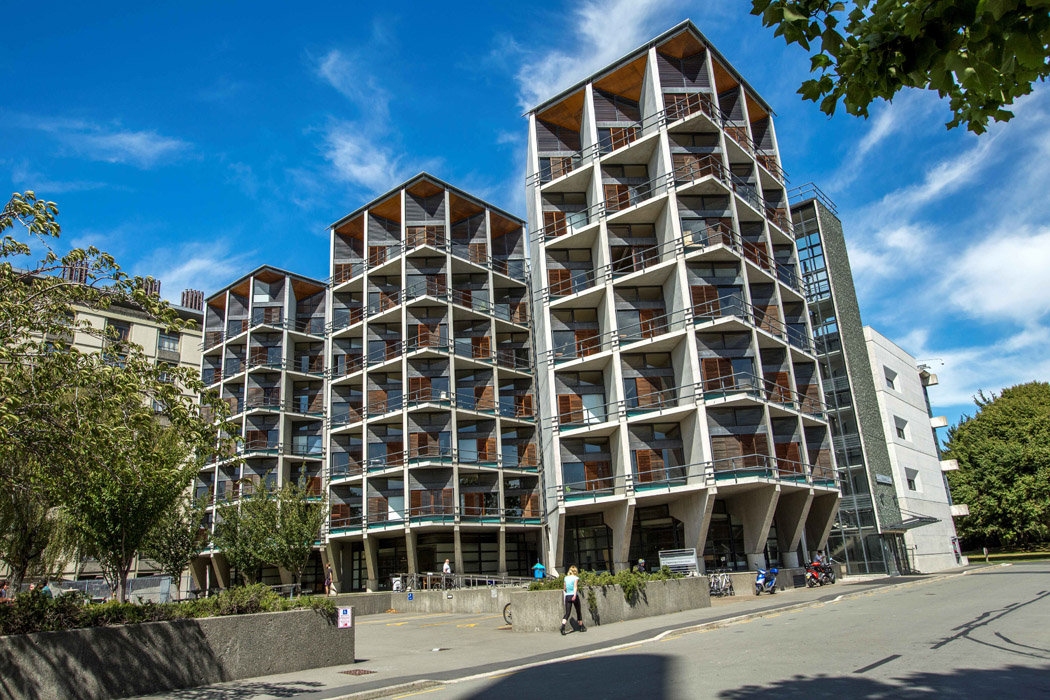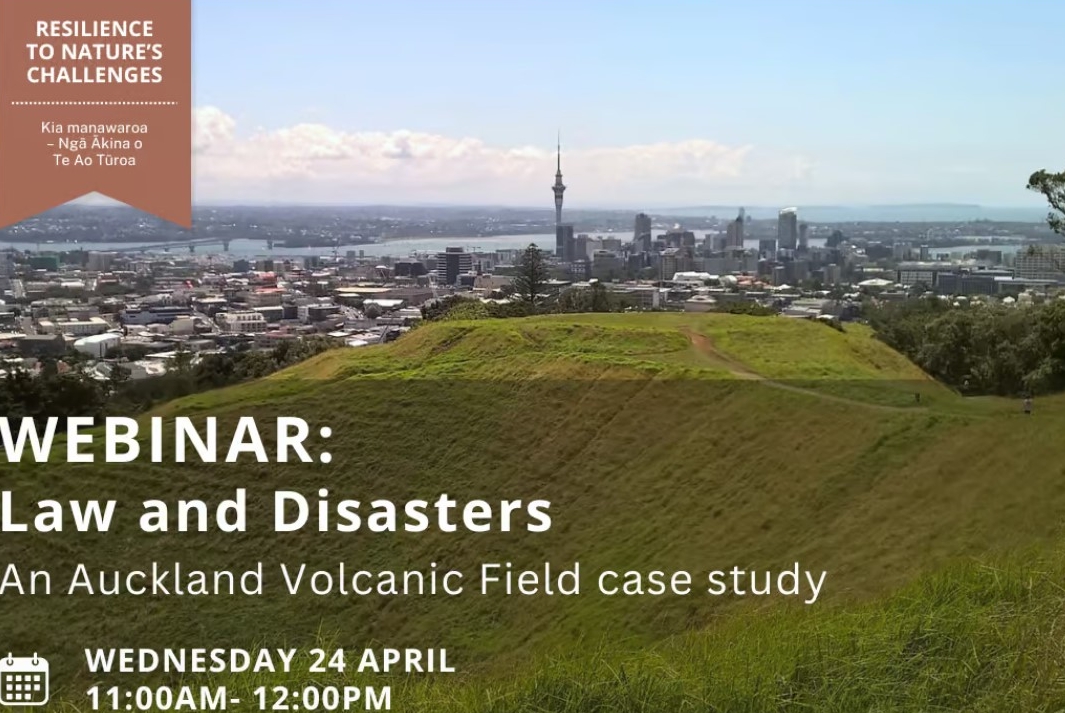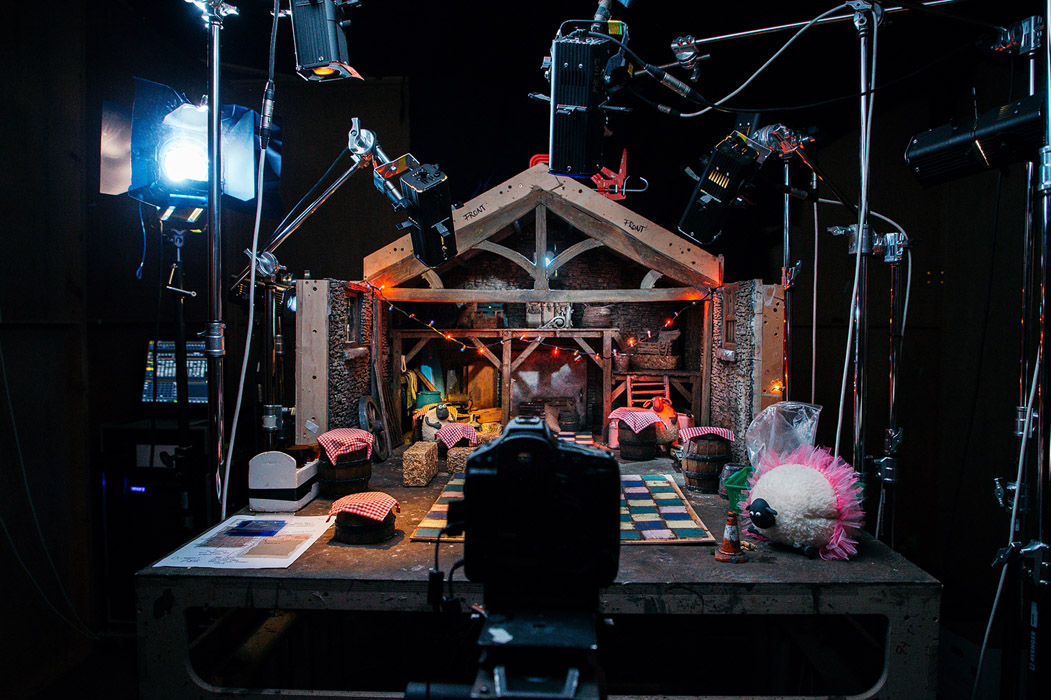In a world-first reported internationally in 2016, University of Canterbury (UC) Distinguished Professor Jack Copeland FRS NZ (pictured right) and composer Jason Long restored a historic 66-year-old recording believed to be the earliest surviving computer music, and they have now recreated two historic computer-generated Christmas carols.
University of Canterbury (UC) Distinguished Professor Jack Copeland is delighted his work on the restoration of the earliest known recording of computer-generated music – created 70 years ago using note-playing routines devised by Alan Turing – has been selected for the Geneva-based World Intellectual Property Organisation's (WIPO) virtual exhibition on Artificial Intelligence, which opened a few days ago.
Distinguished Professor Copeland’s research with UC graduate and composer Jason Long sparked international attention in 2016. They discovered that the 1951 recording in the UK National Sound Archive had been distorted by the acetate disc-cutter recording technology of the day. They were able to create a programme to correct the distortions and the result was an accurate rendition of music created on the first modern computer. The computer was built during 1948–1950 and filled a large room at Manchester University.
The first melody the machine played was God Save the King (George VI was on the throne back then). Famous pioneering computer scientist Alan Turing devised the note-playing techniques but Christopher Strachey programmed the national anthem. Turing's idea was to use musical notes as warning sounds, like the beeps and bongs of our devices today, but Strachey unexpectedly took things to a whole new level. Read more about the recording here.
Distinguished Professor Copeland is an international expert on early computers who works across philosophy, mathematical logic, cognitive science, foundations of artificial intelligence, the history of engineering and technology, and the history of cryptography.
“The research portrayed in the WIPO exhibit was done at UC over a lengthy period – it was fairly gruelling transdisciplinary research into the history of electronic technology,” he says. “This rather unexpectedly hit the news in 2016. The story went viral worldwide and was picked up initially by The Guardian, then the BBC, and then other media worldwide.
“The restored recording also featured in the 2017-2018 exhibition LISTEN: 140 Years of Recorded Sound at the British Library in London, which covered the 100 most significant sound recordings since 1877, when Thomas Edison’s phonograph made its first recording.”
There was another wave of interest in the research in December 2017, when Distinguished Professor Copeland and Dr. Long recreated the lost sound of two Christmas carols played by the computer in the Manchester lab and broadcast on BBC radio during the 1951 festive season.
Their research, and the fascinating story of the earliest known recording of computer-generated music, is now available to an international online and virtual audience. Their exhibit, Back to 1951: Alan Turing’s computer music, can be found in the ‘Music and AI’ section of the WIPO virtual exhibition.
The WIPO exhibition explores Artificial Intelligence (AI) and the economic and social impacts of the rapidly evolving technology, which can increasingly carry out tasks previously done by humans. The impact on intellectual property (IP) policy is an area of major interest: How do AI-created art and music works fit into the current IP system? Questions of patents, copyright, industrial designs, trademarks, ethics, data protection and privacy/security are explored.
- Visit the WIPO virtual exhibition.
- Listen to the 1951 recording of God Save the King, Baa Baa Black Sheep and the Glenn Miller hit In the Mood: First recorded computer music – Copeland-Long restoration.
- Read the researchers’ Alan Turing: How His Universal Machine Became a Musical Instrument, IEEE Spectrum.
About the researchers
Jack Copeland FRS NZ is Distinguished Professor in Arts at the University of Canterbury. His biography, Turing, Pioneer of the Information Age (Oxford University Press), contains more information about the Manchester computer music.
Jason Long is a New Zealand composer and performer, focusing on musical robotics and electro-acoustic music. He has carried out musical research at the University of Canterbury, Victoria University of Wellington, Tokyo University of the Arts, and Utrecht Higher School of the Arts.
